Are you really struggling with your moods and wondering where to start? Here are some situational depression symptoms you should know about.
There is so much conflicting information out there about depression – what causes it, how it presents and how to treat it – that it can be overwhelming.
What Is Situational Depression?
There are two primary kinds of depression – chemical and situational. Chemical is caused (at least in part) by a chemical disorder in the brain. Situational depression is usually brought on by a life event, like death, divorce, job loss, etc.
Doctors can easily tell the difference and will make diagnosing situational depression, or chemical depression, a fairly straightforward thing.
It is important to be clear with your doctor about what your life looks like so that he or she can diagnose and treat you properly.
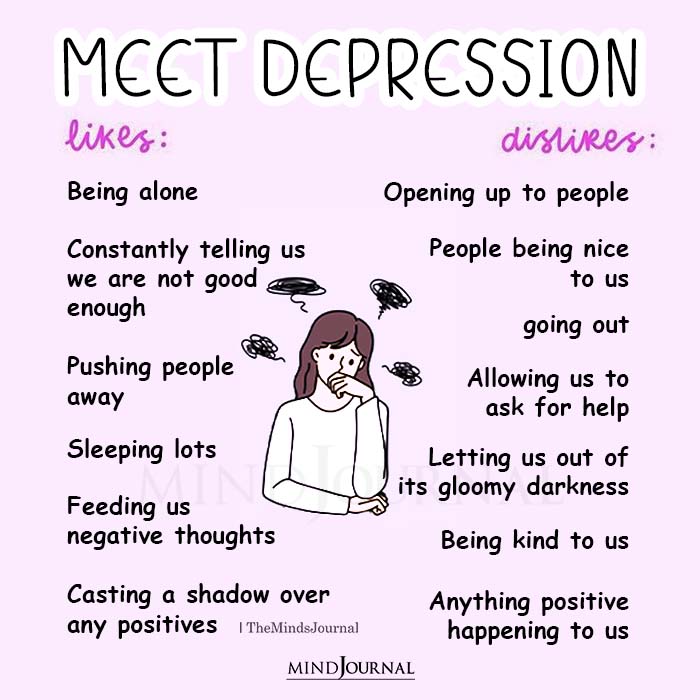
Situational Depression Symptoms To Look Out For
Here are some questions to ask yourself that will help you have important information to share with your doctor.
1. Has anything happened?
Life can be really hard sometimes. Really hard. And we humans are extraordinarily resilient but sometimes it gets to be just too much.
Last year, my dog died, a friend killed himself, another friend tried to kill herself, my mother-in-law died, a killer round of poison ivy led to steroid-induced mania and my ex-husband betrayed me in a way that I never could have believed would happen. Needless to say, by early winter, I was a mess.
I talked to my primary care doctor because I wasn’t feeling well and she asked me about what was going on in my life. It didn’t take her long to go about diagnosing situational depression and helping me see it for myself.
Since that diagnosis, I have been taking an anti-depressant to help me manage my moods. I am not planning on taking it forever, just until my life steadies out and my moods are more manageable.
Has anything happened in your life recently? Something that might cause you to feel hopelessness and despair in a way that you haven’t before? Take an accounting of what that might be so that you can share it with your doctor.
2. Do you feel hopeless?
One of the hallmarks of depression is hopelessness.
Do you have a hard time getting up in the morning because you can’t see how the day will be anything other than miserable? Do you think about next week, or next year, and picture nothing on the horizon but more dread and despair? Does the idea of spending time with friends or family make you crawl back under the covers?
If you are feeling hopeless and believe that there will never again be joy in your life, share that with your doctor. It will go a long way towards diagnosing situational depression, if appropriate.
Read 8 Things You Can Do If You Want To Stop Feeling Depressed And Lonely
3. Can you live your life?
Are you able to get out of bed in the morning? Are you able to get in the shower and eat your breakfast? Are you able to get out of the house and to work? Are you able to do your work to everyone’s satisfaction? Can you go out for dinner with friends or family and enjoy yourself?
If your answer to any of those questions is no, you might be struggling with situational depression.
For many of us who live with depression, the desire to live our lives can be hard to access. The idea of doing anything other than lying on the couch fills us with such an overwhelming sense of hopelessness and dread that all we can do is stay there.
If you find that it’s difficult to live your life in any meaningful way, tell your doctor.
4. Are you short-tempered?
Do you find yourself impatient and quick to anger? Are things that you used to be able to roll with now things that you find yourself chafing at?
Are people keeping a wide berth because you are no longer fun to be with? Are you starting to hate being with yourself because you are so unpleasant?
People who struggle with depression often find themselves to be short-tempered in a way they weren’t before. The heaviness of the depression, the way that it makes us feel bad about ourselves and how we aren’t living our lives in any meaningful way, makes us crabby with the world in a way we aren’t normally.
So, if you are quick to anger, tell your doctor. You will be one step closer to them diagnosing situational depression, maybe.
Read The 8 Faces of Depression: Identifying the Types and Symptoms of Depression
5. Are you sleeping?
Are you having a hard time falling asleep? Do you find yourself waking up in the middle of the night, unable to fall back asleep? Are you groggy in the morning, so groggy perhaps that it interferes with your life?
Many people who are struggling with situational depression have a hard time sleeping. A big part of the inability to sleep is from ruminating over what has happened and processing the anxiety around it as well.
This leads to endless nights, in bed but not sleeping. And then maybe sleeping too much during the day, sleep that isn’t good for you.
Unfortunately, lack of sleep can be a huge contributor to, and an indication of, depression. And, the more you don’t sleep, the worse it gets and so you don’t sleep because you are worried about it and then it gets even worse.
If you find yourself staying up all night and being groggy in the morning, or sleeping all day, tell your doctor. It is important information for them to have.
Situational Depression Treatment
Diagnosing situational depression can be a fairly easy thing for your doctor to do.
If something has recently happened to you, if you find yourself not living your life or spending time with others, if feelings of hopelessness and dread overwhelm you and you are quick to anger, tell your doctor.
Let him or her help you manage depression so that you can get on and live a full life.
You can do it. I know the idea seems overwhelming but if you do it NOW you will be one step closer to getting the help you need.
Situational depression should never let you from living your life to the fullest. Yes, it’s done, but with the right mindset and the right treatment, this too shall pass. So, don’t be too hard on yourself and take one day at a time.
If you want to know more about situational depression treatment, then check out this video below:
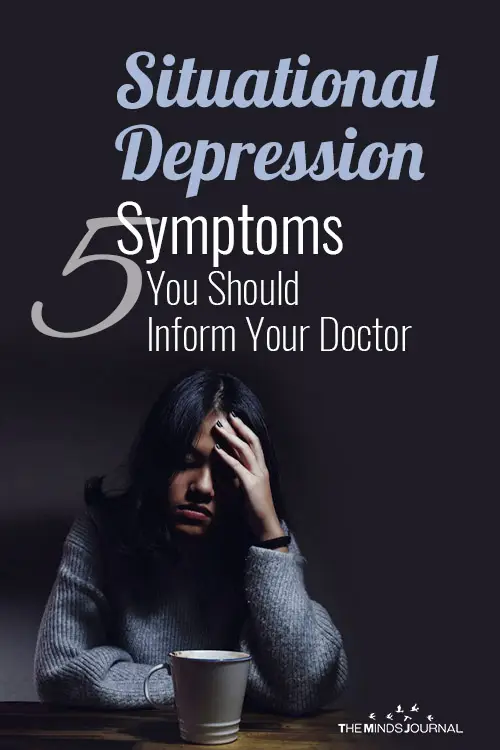
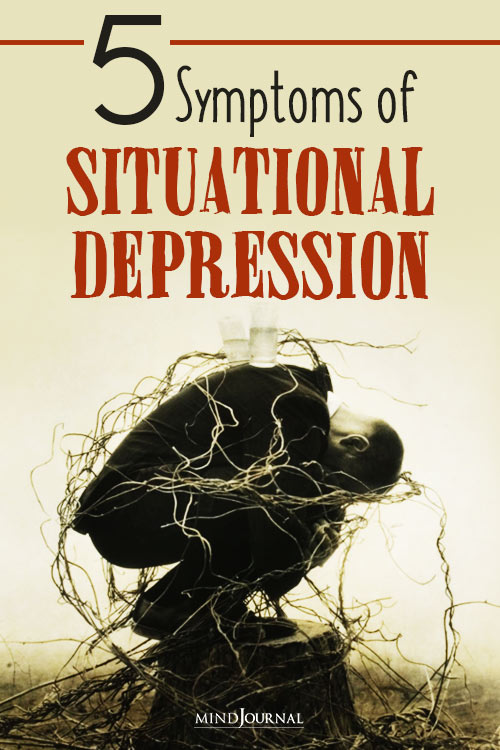
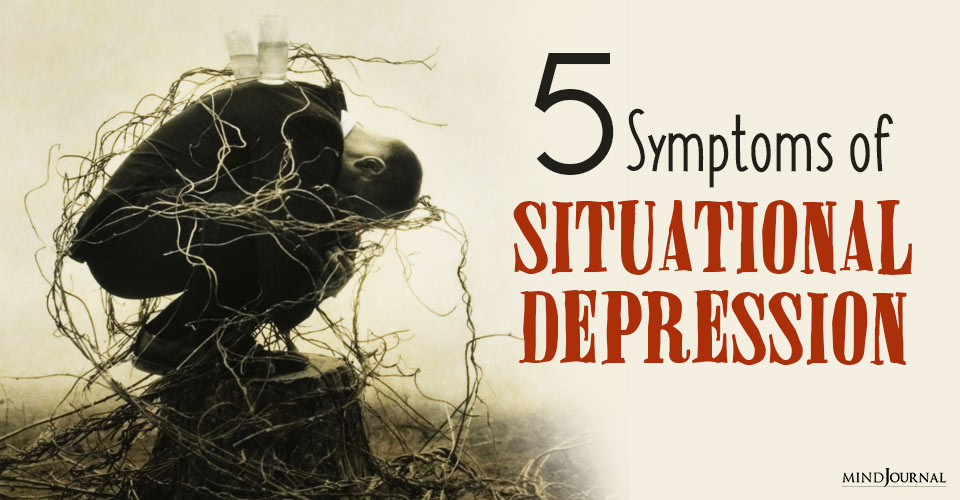
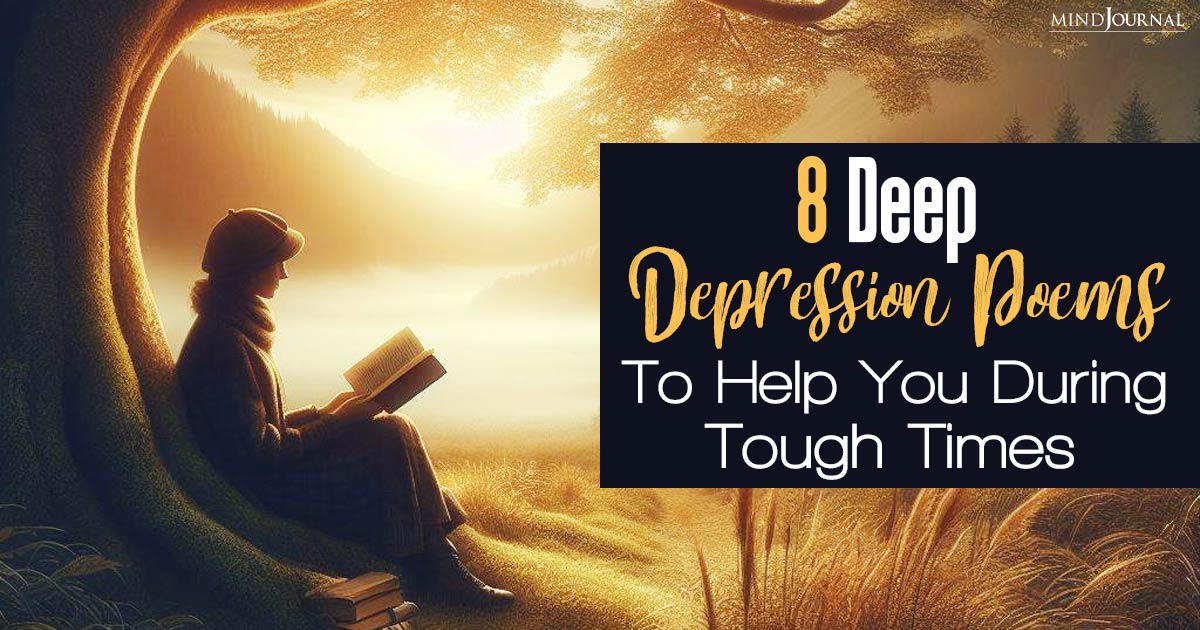

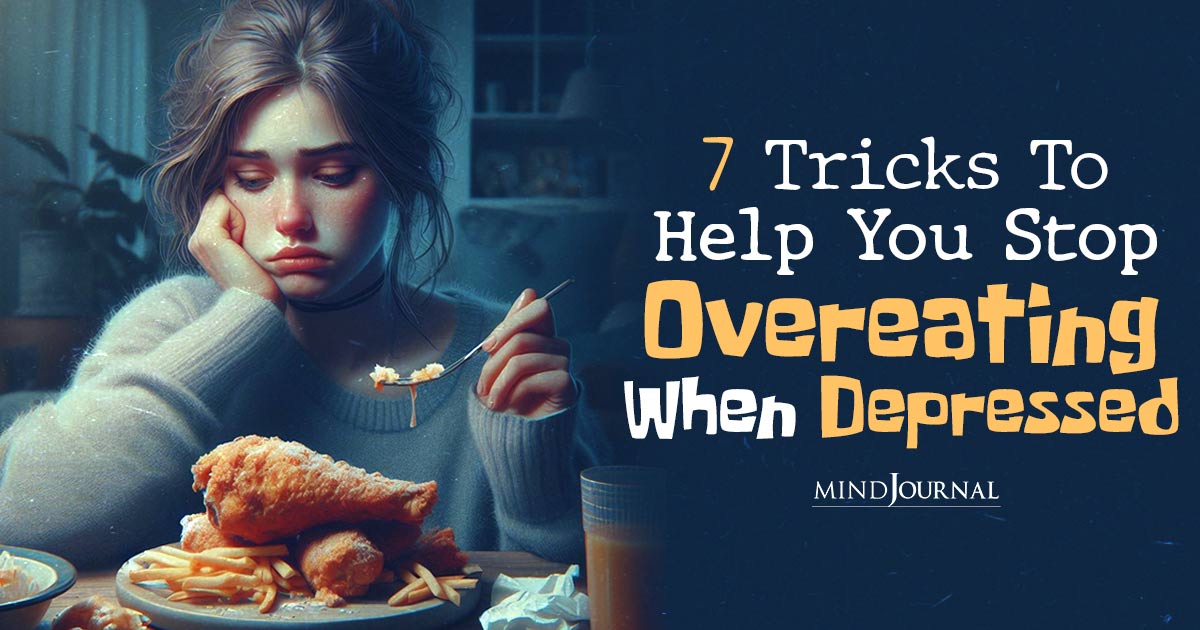
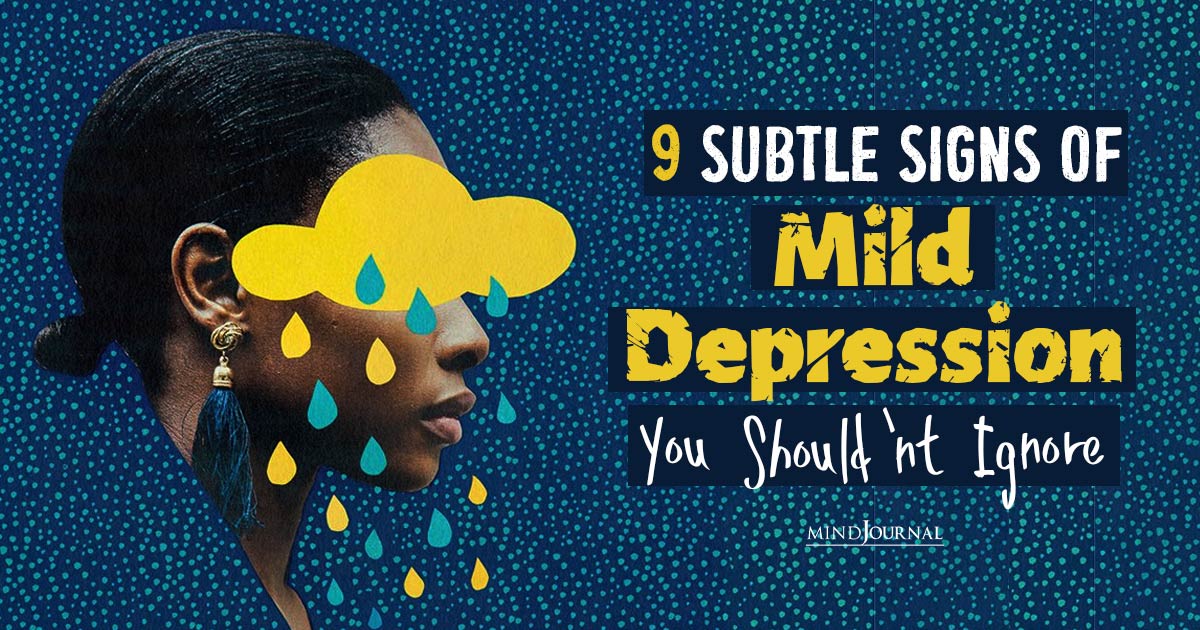
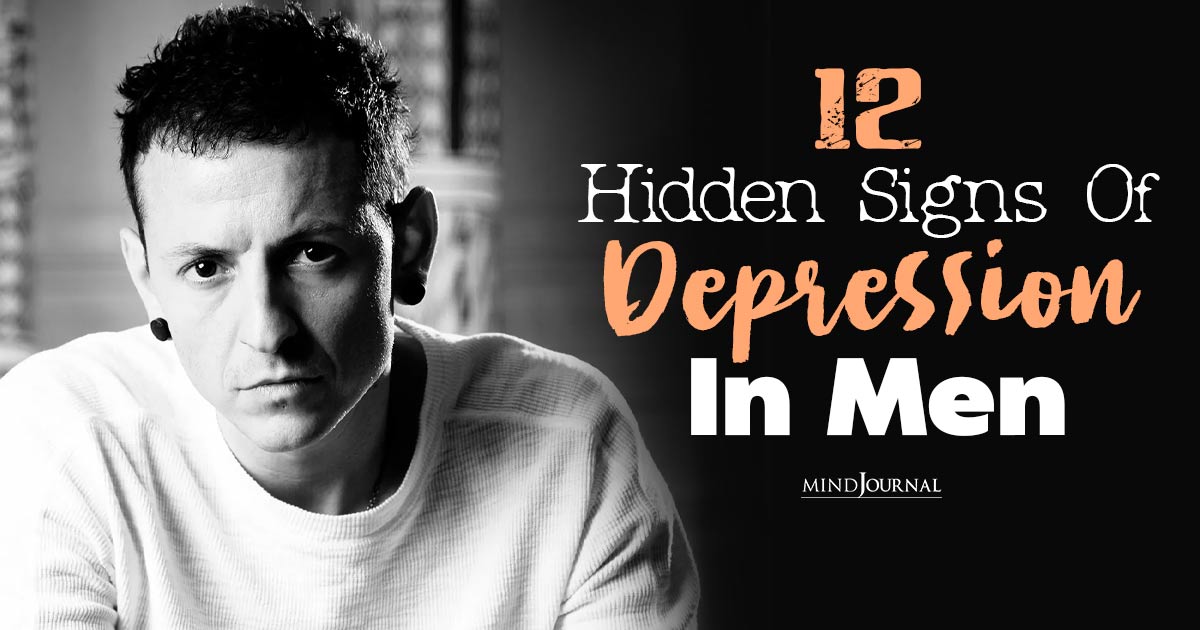

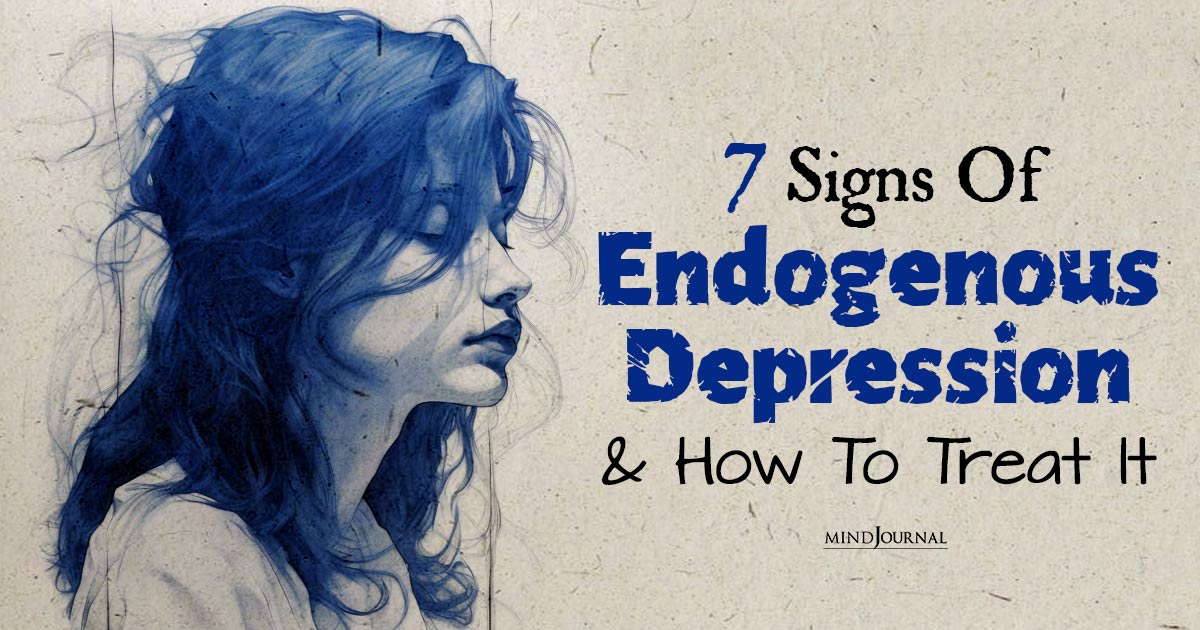
Leave a Reply
You must be logged in to post a comment.